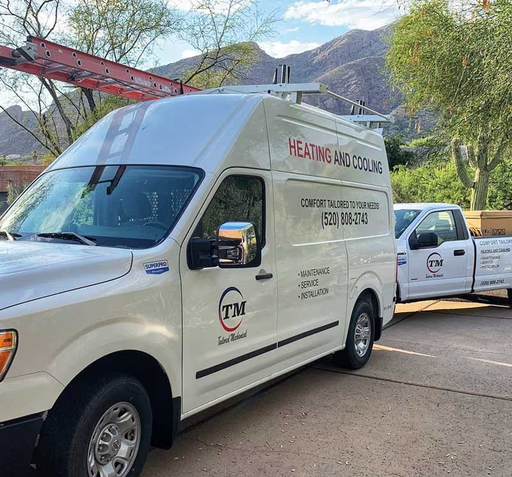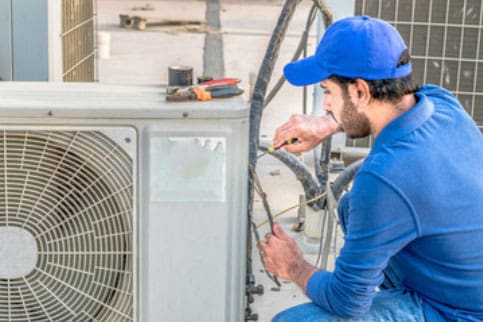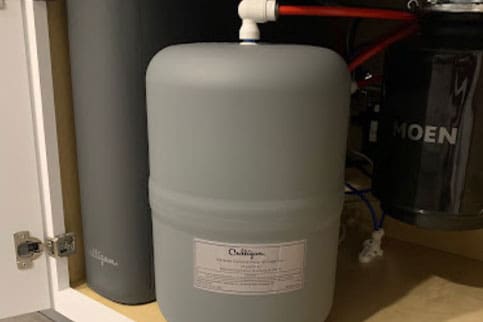Introduction
When the sweltering heat of summer rolls in, the last thing you want is to be stuck in a hot home. Air conditioning is not merely a luxury anymore; it’s a necessity for comfort and well-being. But with a myriad of options available, how do you choose the right air conditioner for your needs? In this comprehensive guide, we'll explore different types of air conditioners, their features, benefits, and everything you need to consider while making your choice. Whether you're looking for AC repair in Tucson or seeking advice on HVAC companies near me, we’ve got you covered.
Your Guide to Understanding Different Types of Air Conditioners
The world of air conditioning is vast and varied. From window units to central air systems, each type has its unique set of advantages. Understanding these will help you make an informed decision that fits your budget and lifestyle.
1. Central Air Conditioning Systems
Central air conditioning systems provide cooling throughout your entire home via ducts. These systems are highly efficient and can cool large areas effectively.
1.1 Advantages of Central Air Conditioning
- Even temperature distribution Quiet operation Higher energy efficiency compared to individual units
1.2 Disadvantages of Central Air Conditioning
- Higher installation costs Requires ductwork
2. Ductless Mini-Split Systems
Ductless mini-split systems offer flexibility as they don't require ducting. They consist of an outdoor compressor and one or more indoor units.
2.1 Benefits of Ductless Mini-Split Systems
- Easy installation Zone control for different rooms Energy-efficient operation
2.2 Limitations of Ductless Mini-Split Systems
- Initial purchase cost can be higher than traditional systems Indoor units may not match all home aesthetics
3. Window Air Conditioners
Window AC units are compact systems designed to fit into standard windows, providing cooling for single rooms.
3.1 Benefits of Window Air Conditioners
- Affordable initial investment Easy to install and remove
3.2 Limitations of Window Air Conditioners
- Limited cooling capacity Can obstruct the view from the window
4. Portable Air Conditioners
Portable air conditioners can be moved from room to room, making them versatile for homes where permanent installations aren’t feasible.
4.1 Pros of Portable ACs
- Mobility allows for flexible use No permanent installation required
4.2 Cons of Portable ACs
- Generally less efficient than other types Requires venting through a window or wall
5. Smart Air Conditioners
Smart ACs integrate with home automation systems for better control over cooling preferences.

5.1 Advantages of Smart ACs
- Remote control via smartphone apps Energy-saving settings based on usage patterns
5.2 Disadvantages of Smart ACs
- Higher upfront costs Dependence on internet connectivity
6. Evaporative Coolers (Swamp Coolers)
Evaporative coolers utilize water evaporation to cool the air, ideal for dry climates like Tucson.
6.1 Advantages of Evaporative Coolers
- Lower energy consumption Environmentally friendly
6.2 Disadvantages of Evaporative Coolers
- Not effective in humid conditions Regular maintenance required
7. Geothermal Heat Pumps
While primarily used for heating, geothermal heat pumps can Ac repair in Tucson also serve as efficient cooling solutions by utilizing underground temperatures.
7.1 Benefits of Geothermal Heat Pumps
- Highly energy-efficient Long lifespan
7.2 Limitations of Geothermal Heat Pumps
- High initial installation cost Requires significant land space
FAQs About Different Types of Air Conditioners
Q: What type of air conditioner is best for small spaces?
A: A window air conditioner or a portable unit is typically best suited for small spaces due to their affordability and ease of installation.
Q: How often should I have my AC serviced?
A: It's advisable to service your AC at least once a year to ensure optimal performance and longevity.
Q: Are smart air conditioners worth the investment?
A: Yes! They can lead to long-term savings on energy bills and provide convenience through remote access.
Q: Can I install an HVAC system myself?
A: While some small units can be installed by homeowners, it's recommended to hire professionals from reputable HVAC companies near me for complex systems like central AC or ductless mini-splits.
Q: How does regular maintenance affect my AC's efficiency?
A: Regular maintenance helps keep components clean and functioning correctly, leading to improved efficiency and lower energy bills.
Q: What should I do if my AC stops working suddenly?
A: Check your filters first; if they're clean but the unit still doesn't work, contact a local HVAC repair in Tucson immediately for assistance.
Conclusion
Choosing the right type of air conditioner involves understanding various Best HVAC company in Tucson options available out there today—from central systems that provide whole-home comfort to portable units ideal for renters or those needing flexibility in placement—there's something out there for everyone! The decision doesn’t just revolve around upfront costs; considering factors such as energy efficiency, installation requirements, maintenance needs, and how well they meet your specific cooling demands will lead you towards making an informed choice that ensures comfort all summer long!


Remember that when things go awry with your unit—like unexpected breakdowns—having reliable services like Tailored Mechanical at hand can make all the difference in getting back up and running efficiently again! So don’t hesitate; dive deeper into your guide to understanding different types of air conditioners today!
This article provides insight into various types of air conditioners while incorporating essential keywords related to HVAC services such as "AC repair in Tucson" and "HVAC company in Tucson." Following this guide will help readers feel empowered when navigating their HVAC choices!